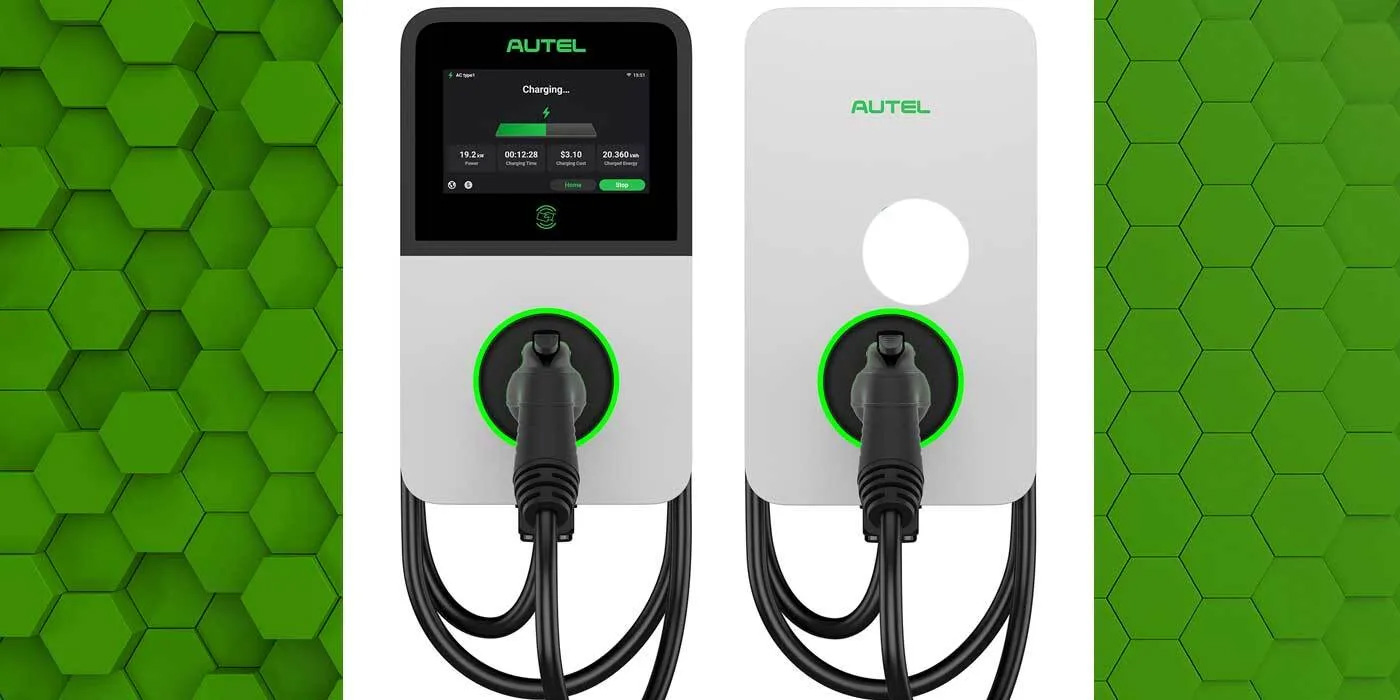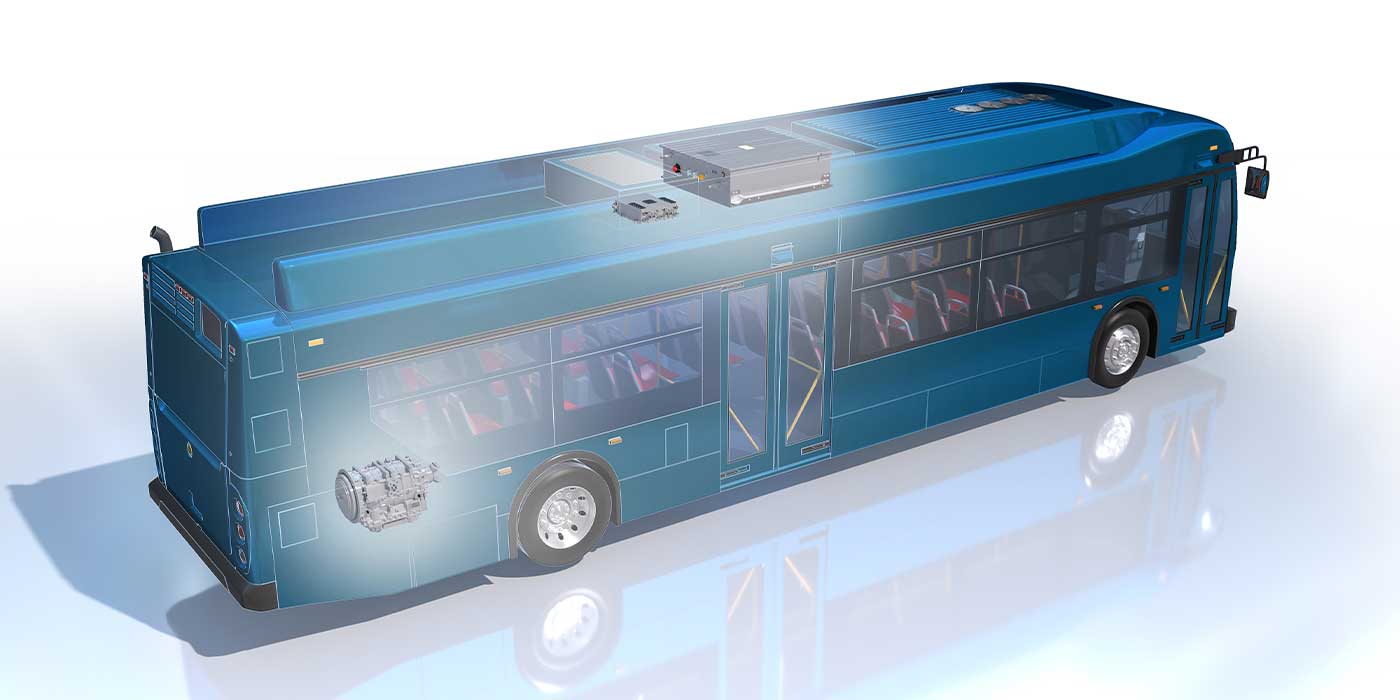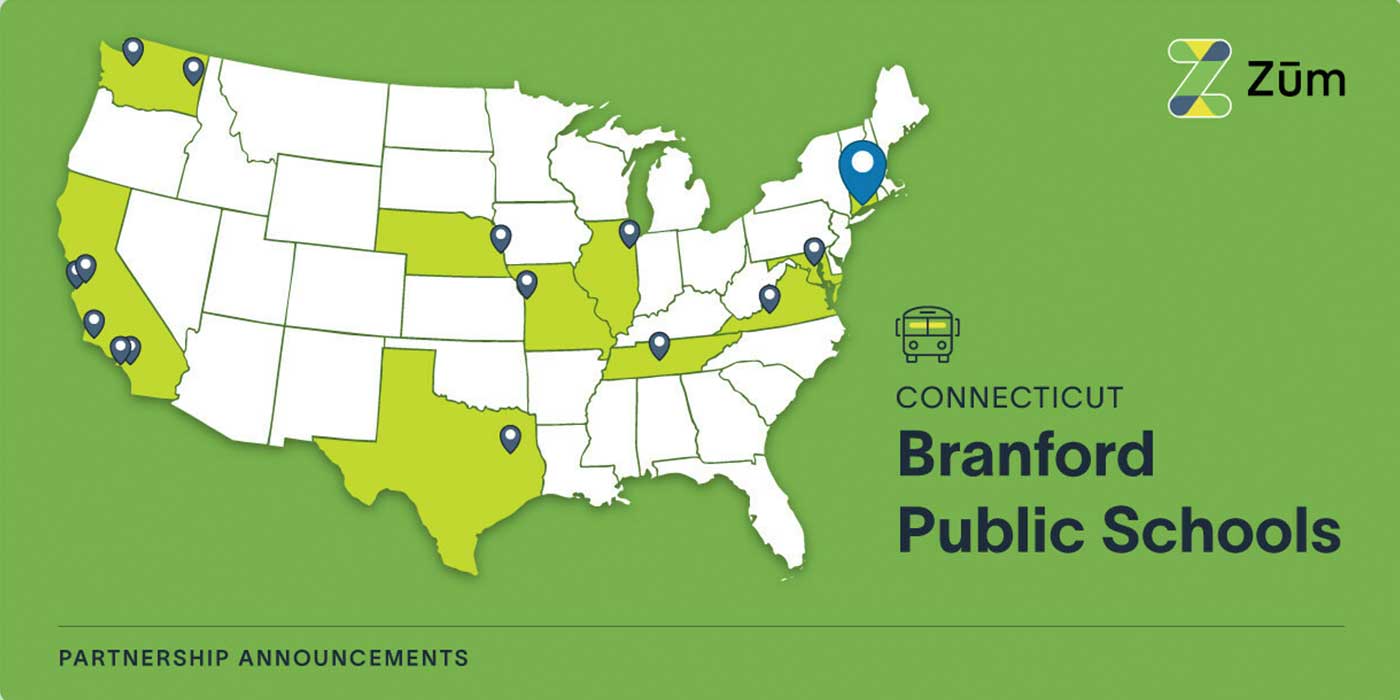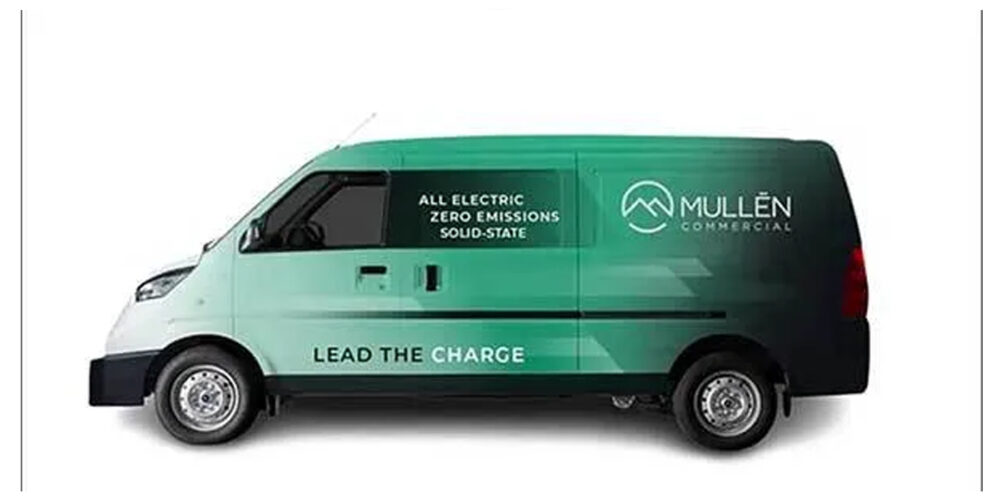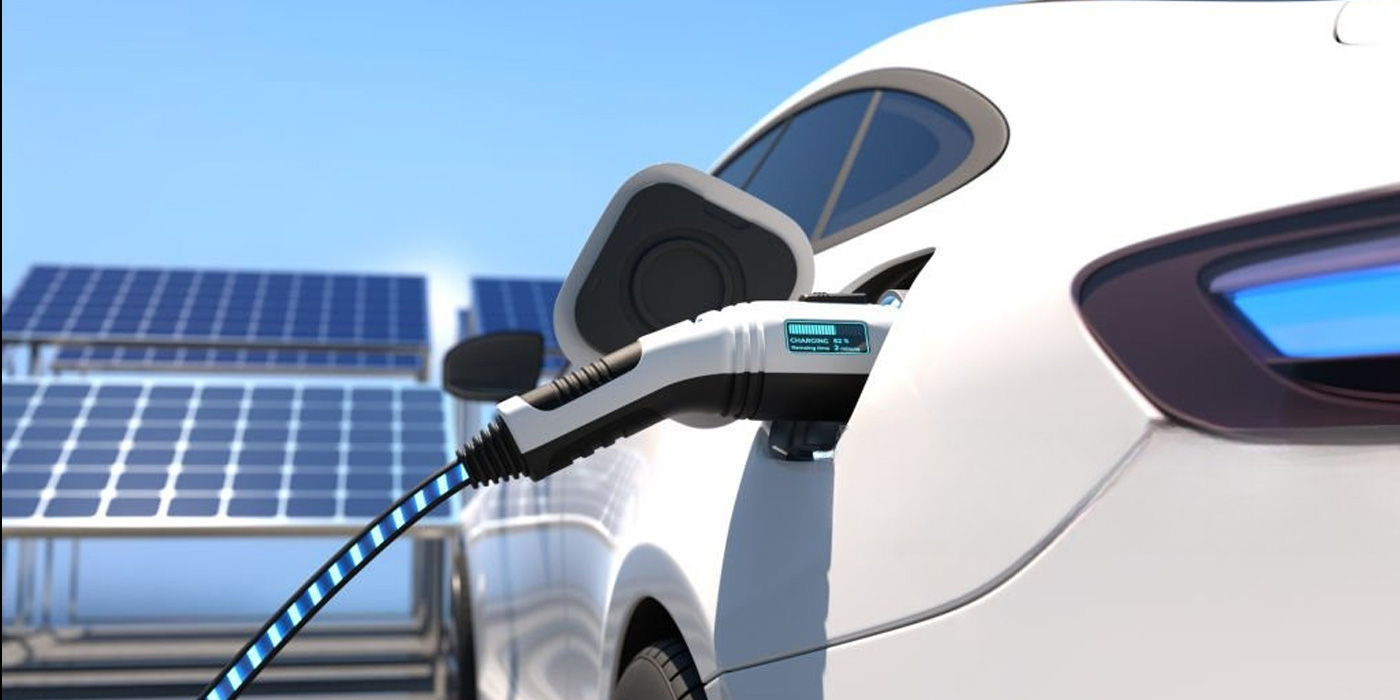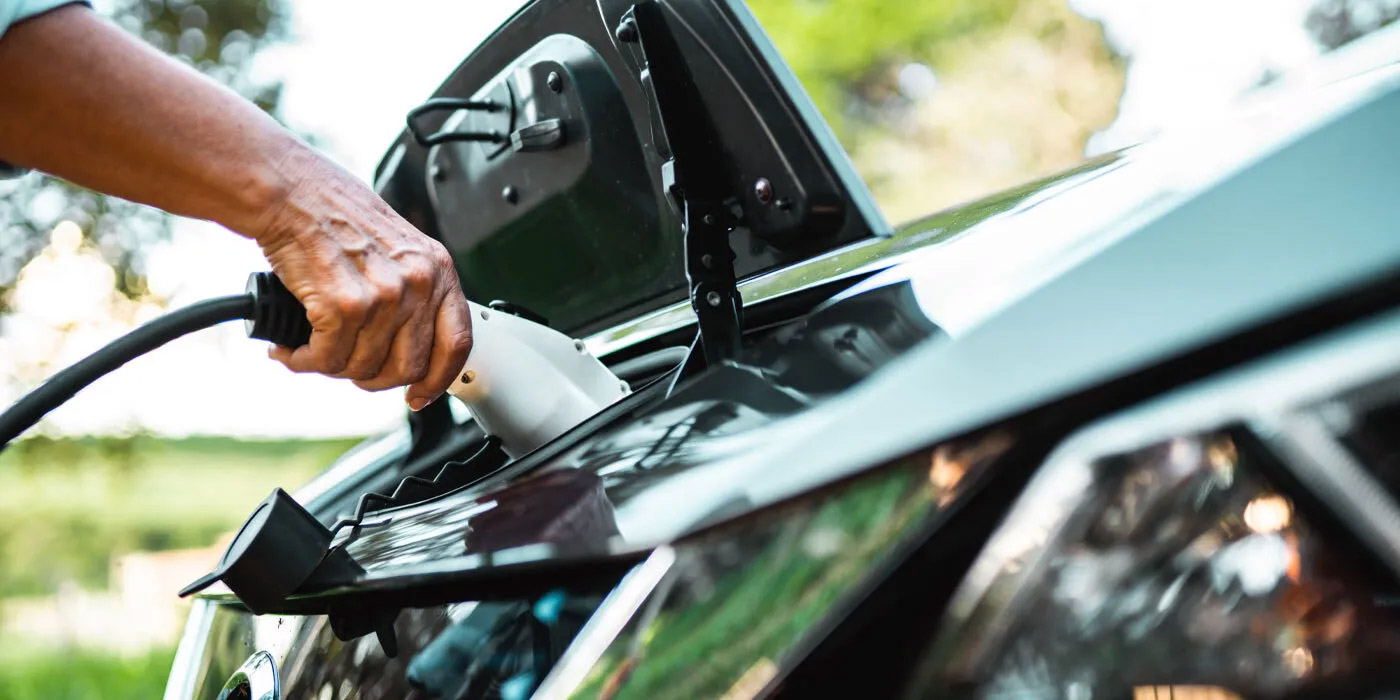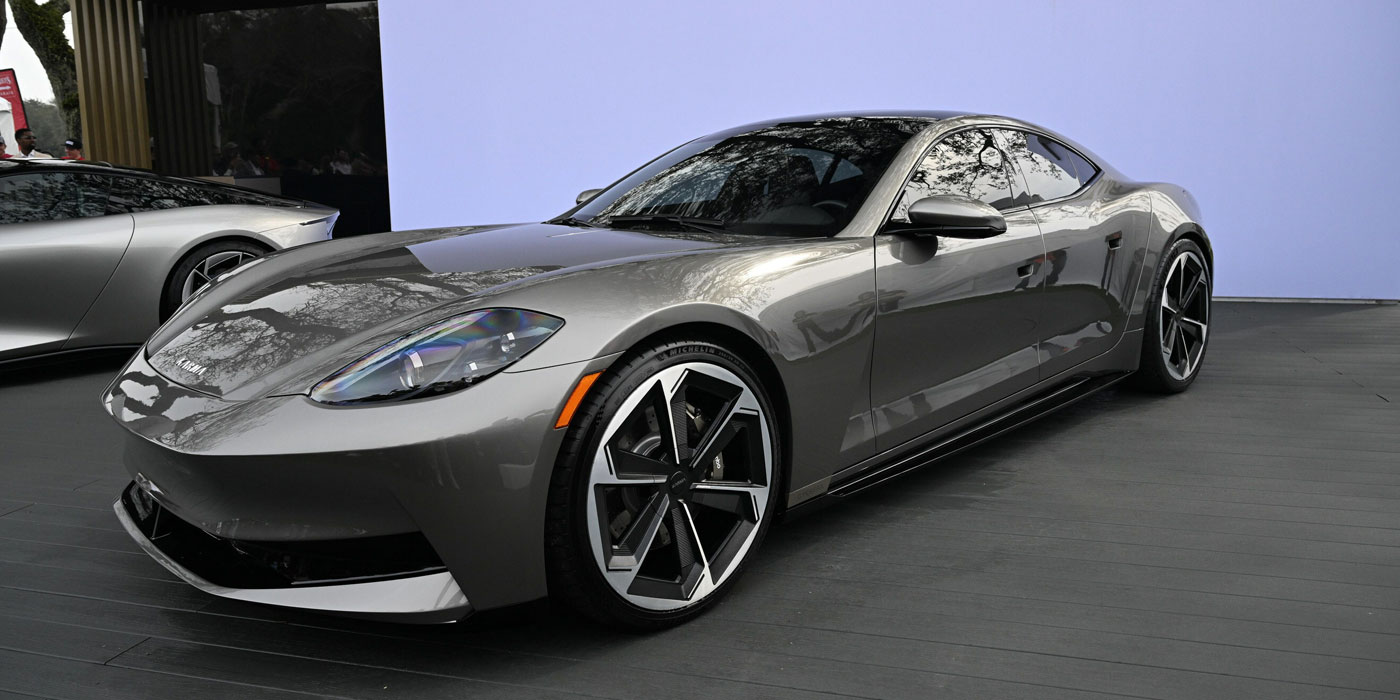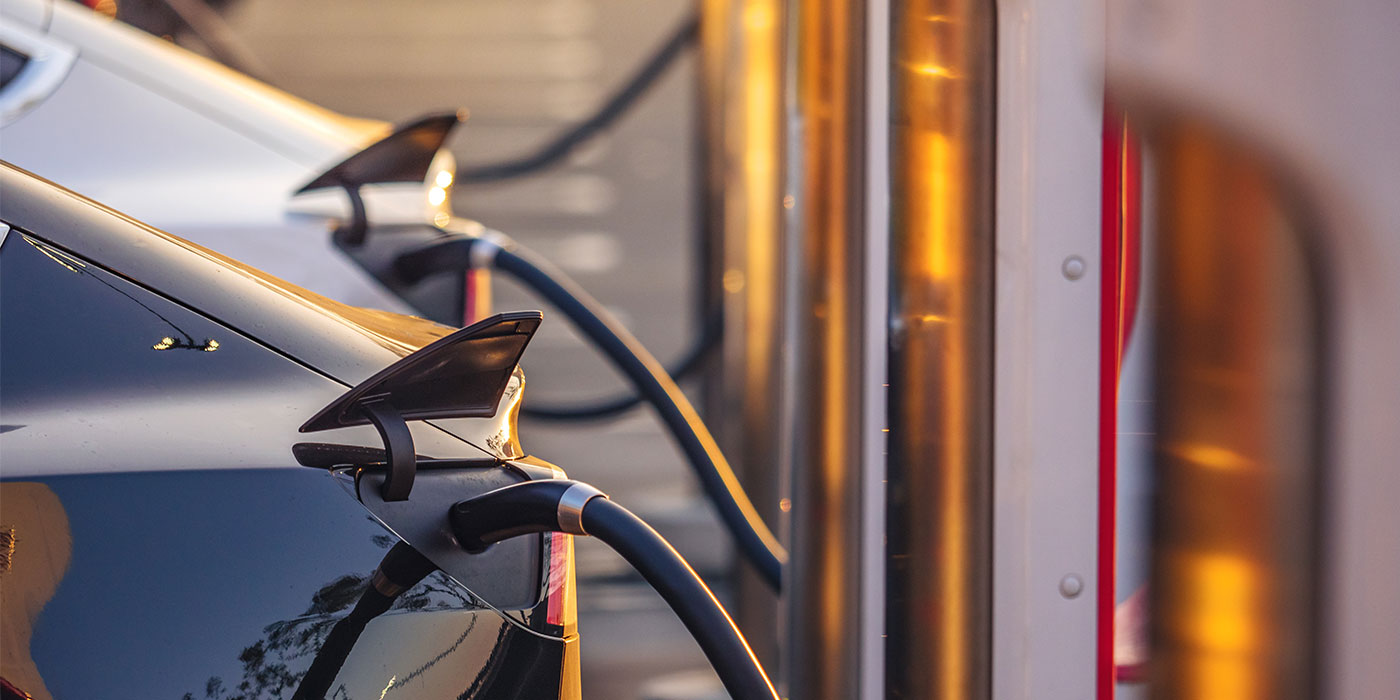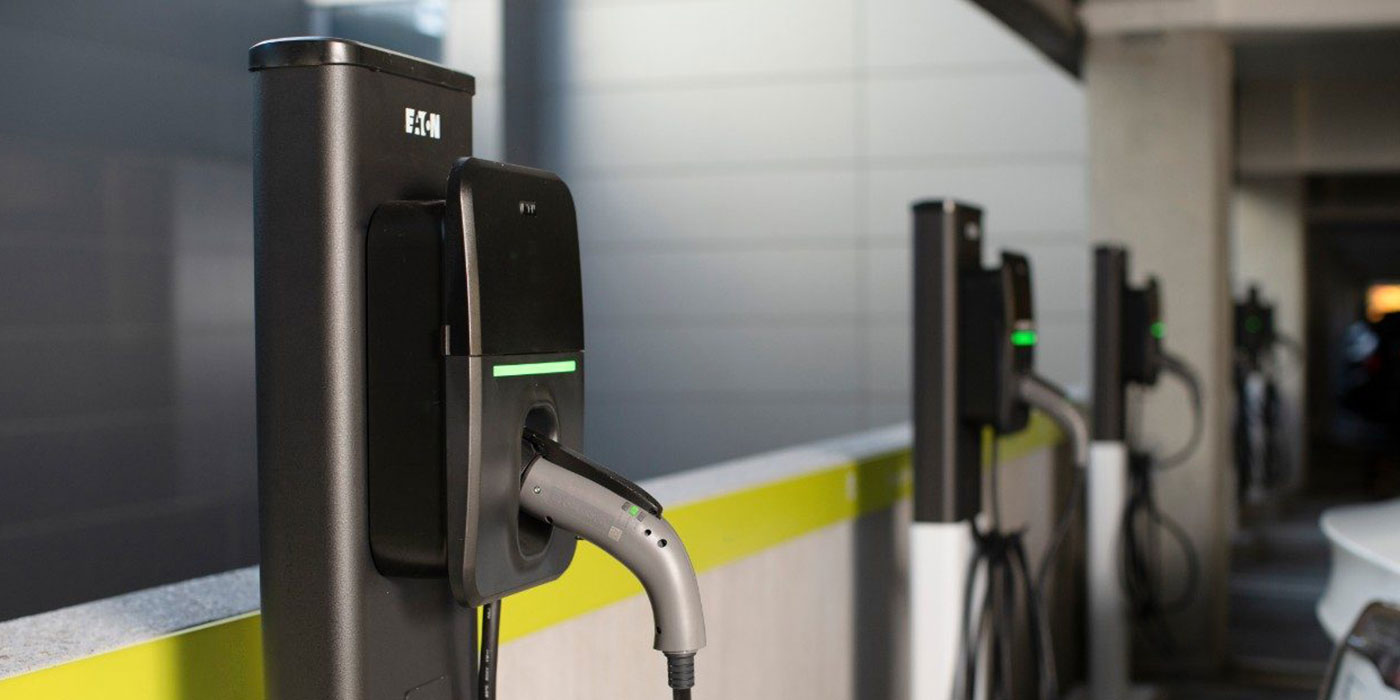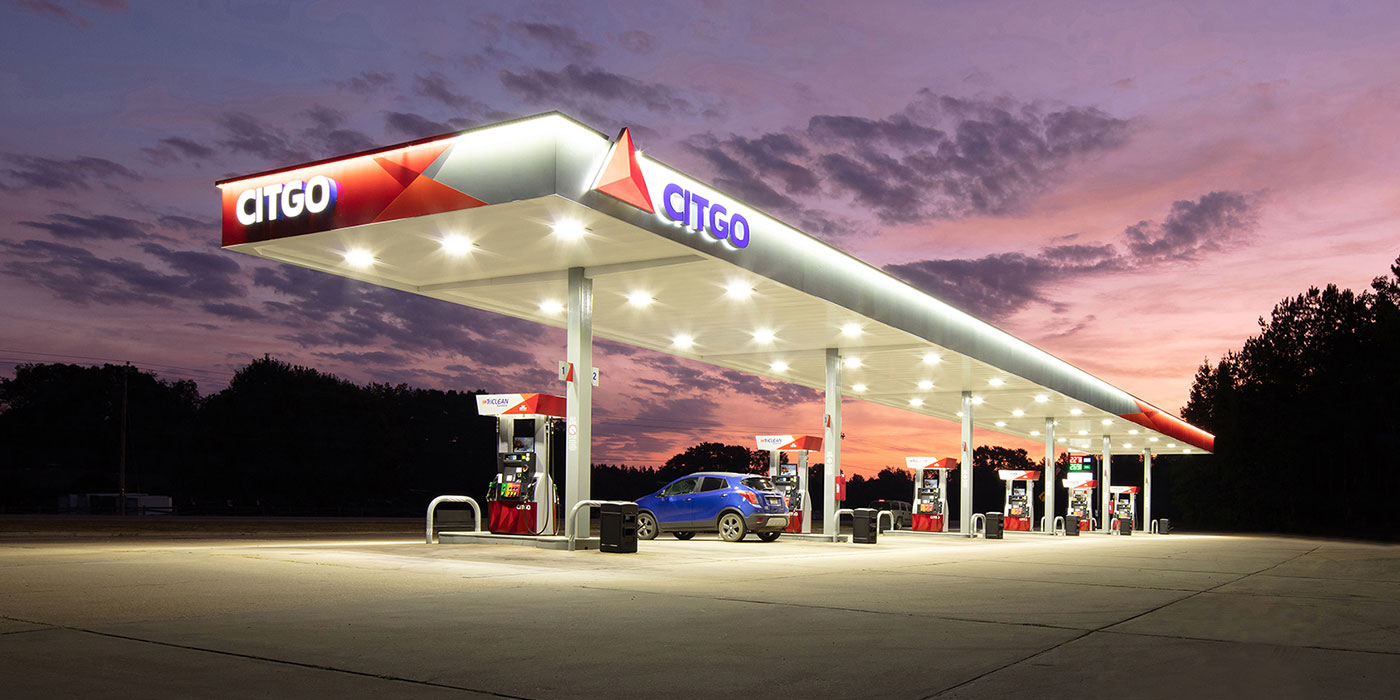Albemarle Corporation, global provider of elements for mobility, energy, connectivity and health, announced a definitive agreement with Ford Motor Company to deliver battery-grade lithium hydroxide to support the automaker’s ability to scale electric vehicle (EV) production.
Albemarle will supply more than 100,000 metric tons of battery-grade lithium hydroxide for approximately 3 million future Ford EV batteries. The five-year supply agreement starts in 2026 and continues through 2030.
Both Albemarle and Ford are committed to supplying the U.S. EV supply chain via lithium hydroxide domestically produced in the United States or originating in a country with a U.S. Free Trade Agreement, the companies say.
In addition to the lithium hydroxide supply, Albemarle and Ford say they will explore collaborations to develop a closed-loop solution for lithium-ion battery recycling. Both companies add they are deeply committed to responsible sourcing and production and have agreed to work together to ensure sustainability, transparency and traceability in their supply chains. For example, Albemarle will supply lithium hydroxide sourced only from mines that have been accredited through an audit based on the Initiative for Responsible Mining Assurance (IRMA), a comprehensive standard developed by NGOs, affected local communities and workers, among others.
“We are at a significant moment in Ford’s next industrial revolution for the EV age,” said Lisa Drake, Ford’s vice president, EV Industrialization, Model e. “Working with strong global collaborators such as Albemarle, which has well-established operations and a proven track record of scaling facilities, helps us fortify and de-risk our plans for sourcing the key minerals we need to make EVs more accessible for our customers longer-term.”



